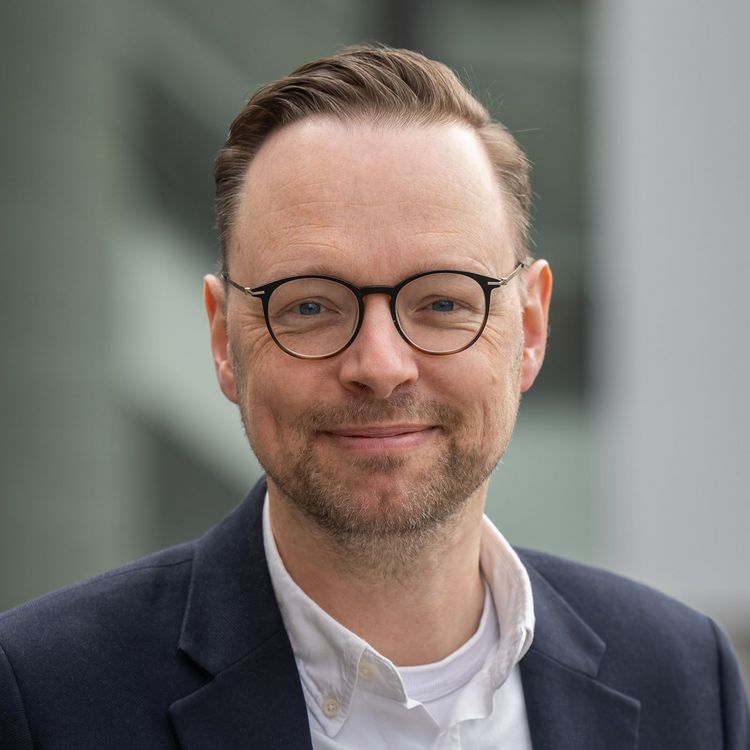The dynamics of language
Prof. Dr Kristian Berg has been appointed Professor of Grammar of the German Language at the Institute for German Studies. The main focus of his research is how written German changes over time.
Welcome to the University of Oldenburg! What made you decide to come here?
I did my doctorate and my habilitation here, and I’ve always felt very much at home in Oldenburg. After five years working in Bonn, the opportunity to return presented itself – and I was happy to take it!
What are your research topics?
Among other things, I research German spelling: How did our words take on the form they have now? How has their spelling evolved over time? Who makes what mistakes today, and what mistakes are more frequent now than in the past? I also deal with the question of how we form new words, and under what conditions these are accepted by the German language community. Why, for example, is “tiktokisieren” a well-documented neologism while “tiktoklich” or “Tiktokung” have failed to catch on?
What do you like about your subject?
We now have at our disposition incredibly large, mostly digitised collections of texts for answering all kinds of questions about the German language today – the kind of resources we could only dream of in the last century. And more generally: we talk, listen, read and write every day, but it’s still not clear precisely how all this happens or what role linguistic structure plays in the way the language is used. Shedding light on these processes and investigating language is incredibly exciting.
Who or what influenced you most during your studies?
I studied in Cologne with Beatrice Primus, among others. Her way of looking at language and grammar made a lasting impact on me. She was also always very committed to supporting her students and colleagues. I always found that admirable.
Your tip for surviving on campus?
Fortunately, the campus is not a hostile environment. At any rate you can get good coffee in its various cafeterias. And I like the fact that the campus is so green.

